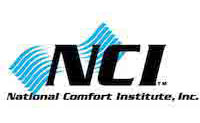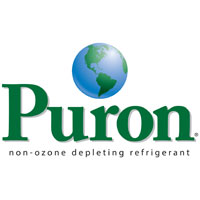There are various reasons why one may consider looking at new home heating systems. Such include remodeling to add some living space or to replace a malfunctioning AC unit. When an old, inefficient home heating system needs to be replaced, it can be daunting to choose the best option.
Considerations
There are several factors that go in determining the right choice for any particular home. These include the climate of the area of residence, current level of insulation in the house and the heating usage patterns of the home. If remodeling, one needs to consider if the renovation project would involve moving the furnace to a different location or installing a larger one altogether.
Homeowners planning to rework their insulation or replace their windows could consider more sophisticated heating systems. All these factors determine the payback one receives after installing a new furnace. One should keep in mind that energy bills will continue being incurred long after the costs associated with the new system have been paid for.
Interpreting Efficiency Ratings
All heating systems lose some heat during the combustion process. The equipment’s efficiency refers to the percentage of heat output that’s used in heating the house. All furnaces have an AFUE (Annual Fuel Utilization Efficiency) rating, with a higher figure indicating a more efficient system. Some heaters have ECM (electronically commutated) blower motors which are more efficient than normal ones. Such units would be of great benefit to households where the furnaces operate round the clock for air cleaning or comfort purposes.
Calculating Costs
Installing a new heater is a long-term investment, and it hence makes sense to analyze efficiency carefully. It should be remembered that costs include purchase of the furnace along with the distribution system, installation and operating charges. To get an estimate of the time it would take for the investment to pay off, one should divide the costs of installing new equipment by the annual energy savings. A heating specialist could help in calculating potential savings from installing a higher efficiency model while considering the capital costs and energy expenditure.
Size
Buying the right-sized equipment is just as vital as efficiency; a properly-sized furnace would cost less to operate. Oversizing would result in short cycle-times which reduce efficiency. Here, one needs to rely on accurate heat-loss, heat-gain calculations, rather than rough estimates.
Additional Tips
It’s important to observe local permit, code and inspection requirements when installing new home heating systems. One should also take time to find the right contractor who will help in both equipment acquisition and the installation project as well. Follow us for more articles that will keep your heating and cooling systems running efficiently.













